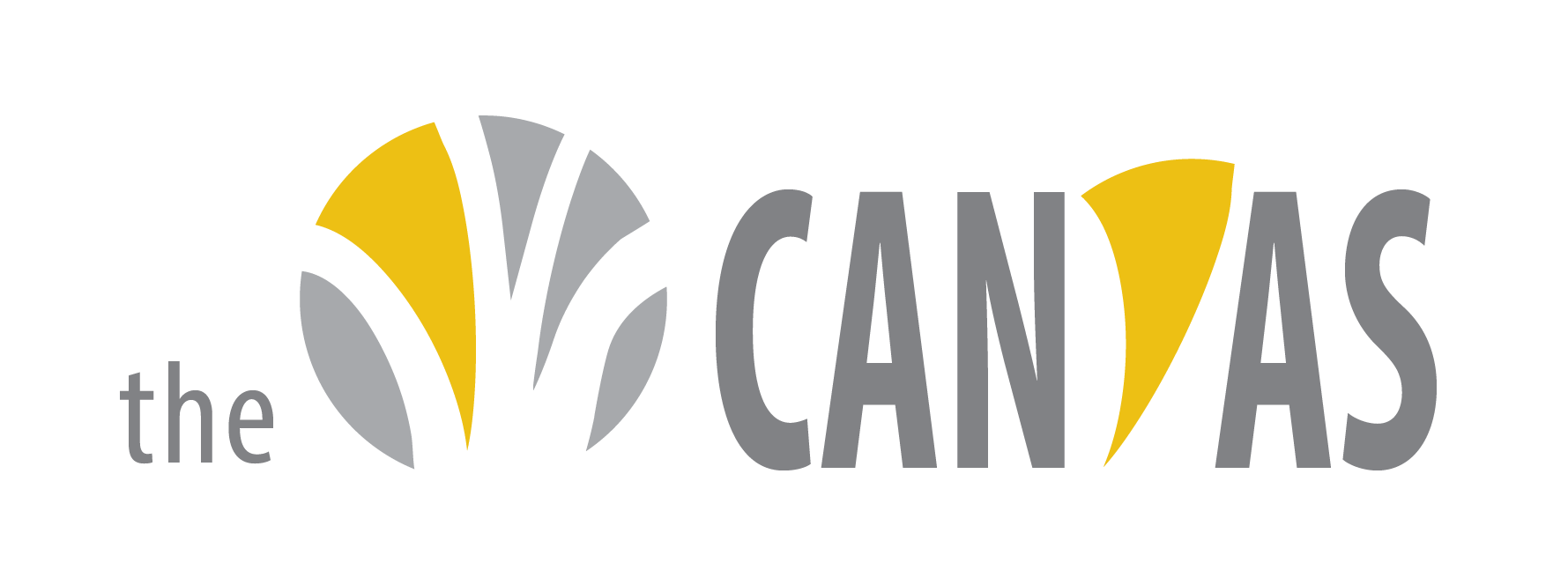"Religious Naturalism: A Theology for UU Humanists" by Demian Wheeler
Part III
In order to tap its full spiritual and theological potential, humanism needs to be grounded in something like religious naturalism. I agree with Meadville’s former president and dean, William Murry, who argues that religious naturalism offers something that humanism by itself lacks, namely, a wider cosmological foundation, an inspiring sacred story (the epic of evolution), a deeper spiritual and even mystical sensibility, and a language of reverence and awe, mystery and wonder (see Murry 2007).
To be sure, religious humanists are already naturalists in their denial of supernaturalism and personal theism and in their emphasis on life in the here and now. This is one reason why I am pitching religious naturalism as a theology for UU humanists. But I am also pitching it because UU humanists tend to dismiss theology, and religious naturalism just might be the one theological perspective a UU humanist could actually adopt. To me, theology is not simply “God-talk,” but critical inquiry into whatever we take to be ultimate, sacred, and transcendent. Note that the ultimate, the sacred, and the transcendent is not necessarily a God; indeed, for the religious naturalist, it is nature itself. Now, some religious naturalists do retain God as a symbol for the depths of nature. But all religious naturalists, whether they use God-language or not, regard nature as ultimate, sacred, and transcendent. This is why some of my UU students claim that religious naturalism can potentially bridge the theist-humanist divide within Unitarian Universalism.
I think my students are right, but this morning let me just speak to the humanist side of the aisle. Religious naturalism, in my view, provides humanists a way of doing theology nontheistically and naturalistically, a way of affirming transcendence without a God or anything supernatural whatsoever. I am talking about what Ursula Goodenough calls “horizontal transcendence,” the transcendence of the immanent (see Goodenough 2001). Just consider the mind-blowing immensity of the universe. We are merely one species among millions, in a galaxy that is itself only one among billions. Or consider the incredible timescale of cosmic evolution. We humans are a miniscule part of a much larger story, a story that stretches from the Big Bang, to the birth of the first stars, to the formation of our solar system, to the emergence of life on earth. And we are latecomers to the story; 99.998 percent of the history of the cosmos already took place before Homo sapiens even arrived on the scene. Such a story, to quote Michael Hogue, “decentralizes the human species within the infinitely broader metaphysical and aesthetic rhythms of the Universe” (Hogue 2014: 3). This is to say nothing of multiple universes! Naturalism does not contradict humanism, but it does radically relativize humanity. It checks our anthropocentric pretentions and preoccupations, reminding us that we are, like everything else, contingent creatures of nature, connected to and transcended by something much greater than ourselves—a big history, an interdependent web, being itself.
I am a humanist; I believe it is up to us to establish a just society and to preserve the ecology of our home planet. There is no God out there to save us from ourselves. As the mid-twentieth-century Unitarian humanist, Eustace Haydon, rightly advised: “What the Gods have been expected to do, and have failed to do through the ages, people must find the courage and intelligence to do for themselves. More needful than faith in God is faith that humans can give love, peace and all their beloved moral values embodiment in human [and ecological] relations” (quoted in Ortman 2016). Nevertheless, anchoring these humanist commitments in a religious naturalist theology prods us to celebrate the giftedness of life and to acknowledge our littleness and relative insignificance vis-à-vis a nature that is transcendent—infinite, sovereign, and utterly mysterious, destructive as well as creative, unimaginably vast, ambiguous and capricious, and indifferent, sometimes even inimical, to our purposes, projects, and plans. Religious naturalism calls for a humble humanism, a humanism that is based on the best of human thought but is also honest about how much we do not—and cannot—know, a humanism that takes full responsibility for the betterment of the world and the survival of humanity but also acknowledges that the universe was and will be devoid of human concerns and ambitions for all but a tiny fraction of its historical development.
So, yes, let us nurture our “heritage of forward-thinking humanism at home in the here and now.” But let us never forget that we humans are at home in nature, and nature alone. Nature is the creative passage from which we emerged, the infinite ground on which we depend, and the unapproachable abyss before which we tremble and into which we shall plunge in due course.
May it be so. Amen.
This is Part III of III from Demian Wheeler: "Religious Naturalism: A Theology for UU Humanists"
You can access Part I and Part II here.
Demian Wheeler is Assistant Professor of Philosophical Theology and Religious Studies at United Theological Seminary of the Twin Cities. He came to United in 2015 as a Louisville Institute Postdoctoral Fellow. He received his Ph.D. from Union Theological Seminary in the City of New York, where he specialized in American liberal theology. His research and scholarship focus on the early “Chicago school” of theology and the streams of theological and philosophical thought that have flowed into and out of it—e.g. pragmatism, historicism, empiricism, and religious naturalism. Wheeler has published a number of journal articles and scholarly essays on empirical theology, religious (and ecstatic) naturalism, and process philosophy, among other topics. He is also the co-editor of Conceiving an Alternative: Philosophical Resources for an Ecological Civilization (forthcoming with Process Century Press). His first book, Religion within the Limits of History Alone: Pragmatic Historicism and the Future of Theology, is currently being reviewed by a major university press. Wheeler lives in Minnesota with his wife, Victoria, and their son, Shailer. He is a Unitarian Universalist.




Your Comments :